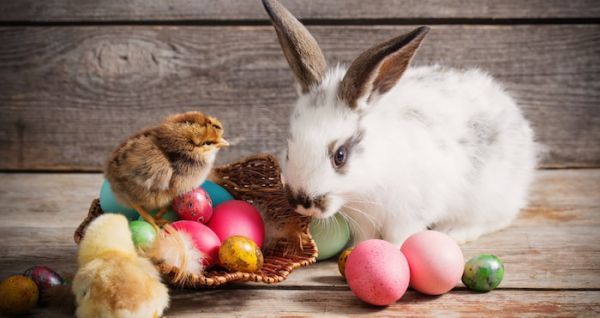|
Jimmy is a 9 year old Maltese cross. This boisterous little man was thirstier than normal and had suddenly started to wee in the house. His owners noticed he had a bit of a pot belly but had put this down to Jimmy getting older.
A veterinary examination was just what the doctor ordered and blood and urine testing revealed that Jimmy had an endocrine disorder known as Cushing's disease.
Cushing's is a common endocrine disease seen in dogs. It is slow and progressive and is caused by the overproduction of the stress hormone cortisol.
Cortisol is a normal hormone produced by the adrenal gland and is essential for normal body function. However in some animals this gland produces too much cortisol and this can have a serious impact on your pet’s quality of life.
Sometimes Cushing's can be caused by an external source of cortisol, such as the long term administration of cortisone.
Common symptoms of Cushing's disease include:
- Excessive thirst, appetite and urination
- Pot belly
- Skin problems, thin skin and hair loss
- Heat intolerance and excessive panting
- Lethargy
Jimmy has now commenced daily medication and requires close and careful monitoring but he is thankfully doing very well.
This is just another reason why we need to perform regular health checks on your pet. If we are able to detect and commence treatment early we can slow the progression of diseases and help your pet live a longer and healthier life.
If you have any concerns about your pet, please call us to arrange a check up - 63618388.
|
